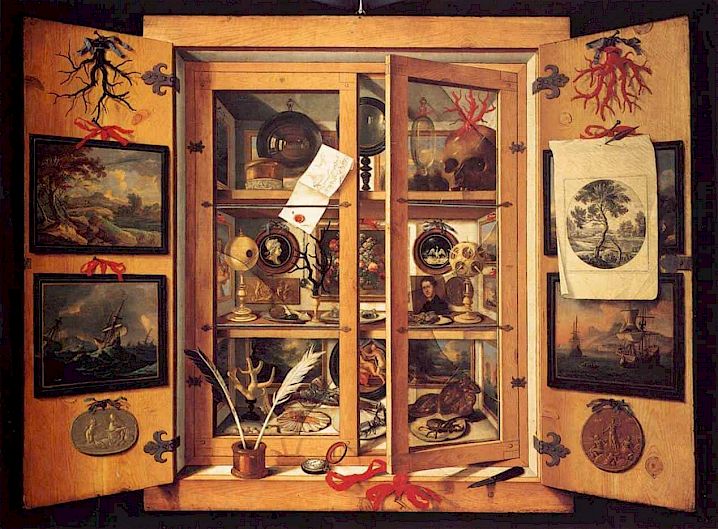What We're Reading This Week

Hayley Keon, University of Hong Kong
Mark Whitaker, “Prince of Wales visit to India, 1921-1922: The most disastrous royal tour ever,” The Independent.
Through an examination of the Prince of Wales’ “disastrous” royal tour of India, Mark Whitaker mediates upon the tensions that underwrote the waning years of the British Empire.
Bryan Grogan, “Wild, creative, disturbing: Inside China’s hyperpop music scene,” Sixth Tone.
In his article for Sixth Tone, Bryan Grogan traces the history and contemporary reception of hyperpop in China. In the process, he mediates upon the inter-generational conflicts that shape the country’s music industry.
Howard W. French, “Built on the bodies of slaves: How Africa was erased from the history of the modern world,’ The Guardian.
In his recent long read for The Guardian, Howard W. French strives to relocate Africa at the center of the modern world.
Rustam Khan, Massachusetts Institute of Technology
Samuel Clowes Huneke, “’Do not ask me who I am’: Foucault and Neoliberalism,” The Point.
Samuel Clowes Huneke draws an intellectual history and biography between Foucauldian theory and the birth of neoliberalism, based on the book The Last Man Takes LSD: Foucault and the End of Revolution.
Max O'Donnell-Savage, “Global elites can’t beat climate change – We need a mass movement,” Tribune.
The Tribune published a timely piece on COP26 and global elites. Max O'Donnell-Savage explains how to critically assess the language of and agency for climate change.
Christin Hu, “Stories on Earth: The great reanimation w/ Bassem Saad & Ameneh Solati,” Failed Architecture.
“In the episode, Christin, Bassem and Ameneh touch discuss the history of the natural history museum and its deceptively innocent origins in cabinets of curiosity collected by scientists and explorers during the early period of Western colonial expansion. They also reflect on the working process that went into the video and its parallels with contemporary pretest movements advocating for colonised and oppressed communities.”
Joseph Satish, University of Hyderabad
Aashique Ahmed Iqbal, “Plane tales: Air India’s return to the Tatas,” The India Forum.
Aashique Ahmed Iqbal writes that “the Tatas’ acquisition of Air India is hailed as a triumph for private enterprise in its battle with the remnants of the Nehruvian state. The history of Indian aviation, however, is of the Indian state offering crucial support to the Tatas over the decades.”
Queenie Lao Wai Kuan, “An evolving Macau icon: The story of Hong Heng Côcos & its Asian connections,” Project Macau.
According to Queenie Lao Wai Kuan “Hong Heng Côcos is one of the oldest businesses in Rua de Tercena, Macau. Known today for its famous coconut ice cream and red-and-white shop sign, the business has long been entangled with local and global historical developments.” This post peeks into that history.
Yi-Ting Hsu, “Alchemy, metallurgy, and modern chemistry in Post-Medieval Europe: An intersection of archaeological science and the history of science,” Platypus: The CASTAC Blog.
This post counters the claim that “alchemy was the opposite of enlightenment, progress, and modern science. . . there are increasing numbers of studies indicating . . . [that] the practice of alchemy could be more scientific, methodical, and industrial than people have previously imagined.”